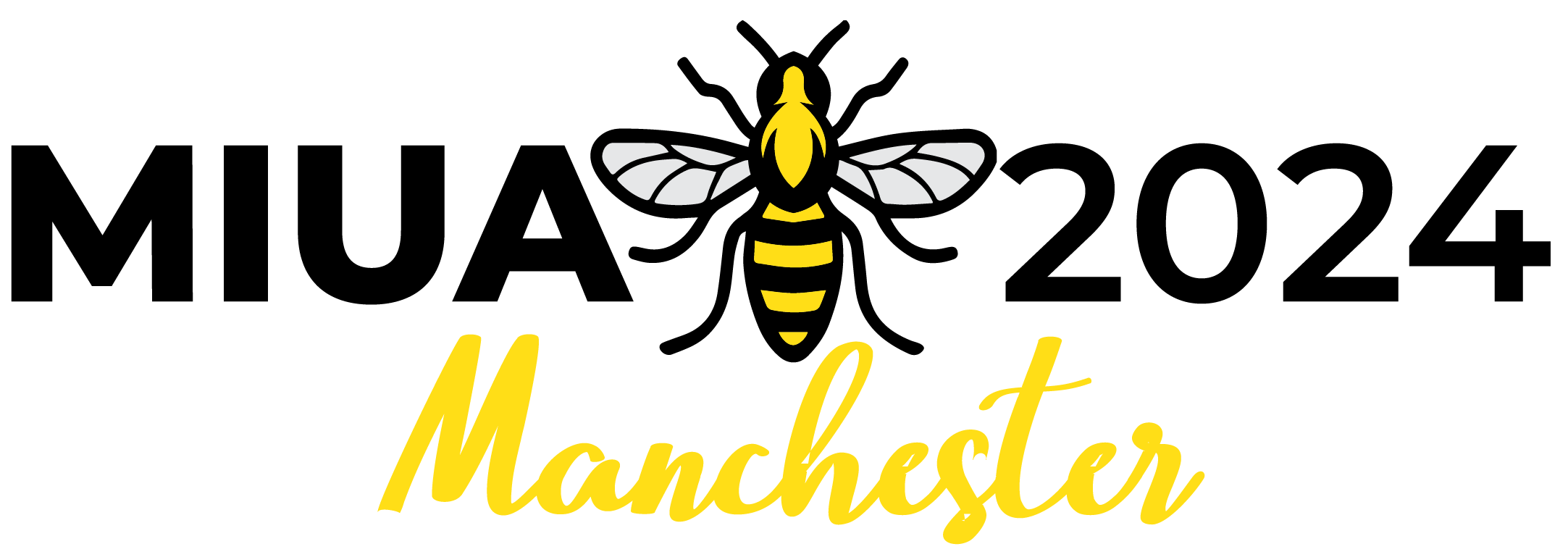Foundational Models for Breast Image Analysis
The topic, "Foundation models for breast image analysis," is of great importance for MIUA 2024, aligning seamlessly with the conference's focus on advancing medical image understanding and analysis. This session will explore cutting-edge deep learning techniques applied in breast imaging, a critical area in cancer diagnosis and treatment.
Breast cancer remains one of the most common cancers worldwide. Deep learning has revolutionized breast imaging by enhancing the accuracy and efficiency of detecting and diagnosing breast abnormalities. By showcasing the latest research and developments in deep learning for breast imaging, the session promises to provide valuable insights for researchers, clinicians, and technologists, contributing significantly to the goals of MIUA 2024.
This session delves into the rapidly evolving field of deep learning in breast imaging, a critical area in medical diagnostics and cancer research. The scope encompasses topics vital to the development and understanding of deep learning methods based on foundation models for breast image analysis, with a primary emphasis on the following areas:
- Exploration of novel deep learning methods for breast mass detection, segmentation, and classification. This includes studies on few-shot learning methods and transfer learning techniques with foundation models, as well as methods that can jointly tackle different recognition tasks.
- Development of multi-modal networks that combine medical image recognition tasks with, for example, text descriptions. Potential problems may involve the utilization of text descriptions, for example from the BI-RADS lexicon, for improving the performance of vision-language models in breast mass differentiation.
- Utilization of Segment Anything Models to tackle vital challenges in breast tissue detection and segmentation, such as the accurate segmentation of breast masses that present significant shape variability.
- Analysis of the interpretability and explainability of deep learning methods based on foundation models. This involves identifying what distinguishes highly effective models and generating and assessing saliency maps to understand a model's performance.
Additionally, the design of novel metrics that could quantitatively evaluate methods designed to assess a model's interpretability is essential:
- Examining the performance of various prompting strategies with foundation models. This involves studies comparing different approaches to text prompt engineering (e.g., using large language models or those obtained via collaboration with experts).
- Development and curation of datasets that could be used to train and evaluate deep learning methods based on foundation models. This includes generating synthetic medical datasets for the pre-training of neural networks.
Organisers
- Dr. Michal Byra, Institute of Fundamental Technological Research, Polish Academy of Sciences, Warsaw, Poland.
- Dr. Robert Marti Marly, Computer Vision and Robotics Institute (VICOROB), University of Girona, Girona, Spain.
